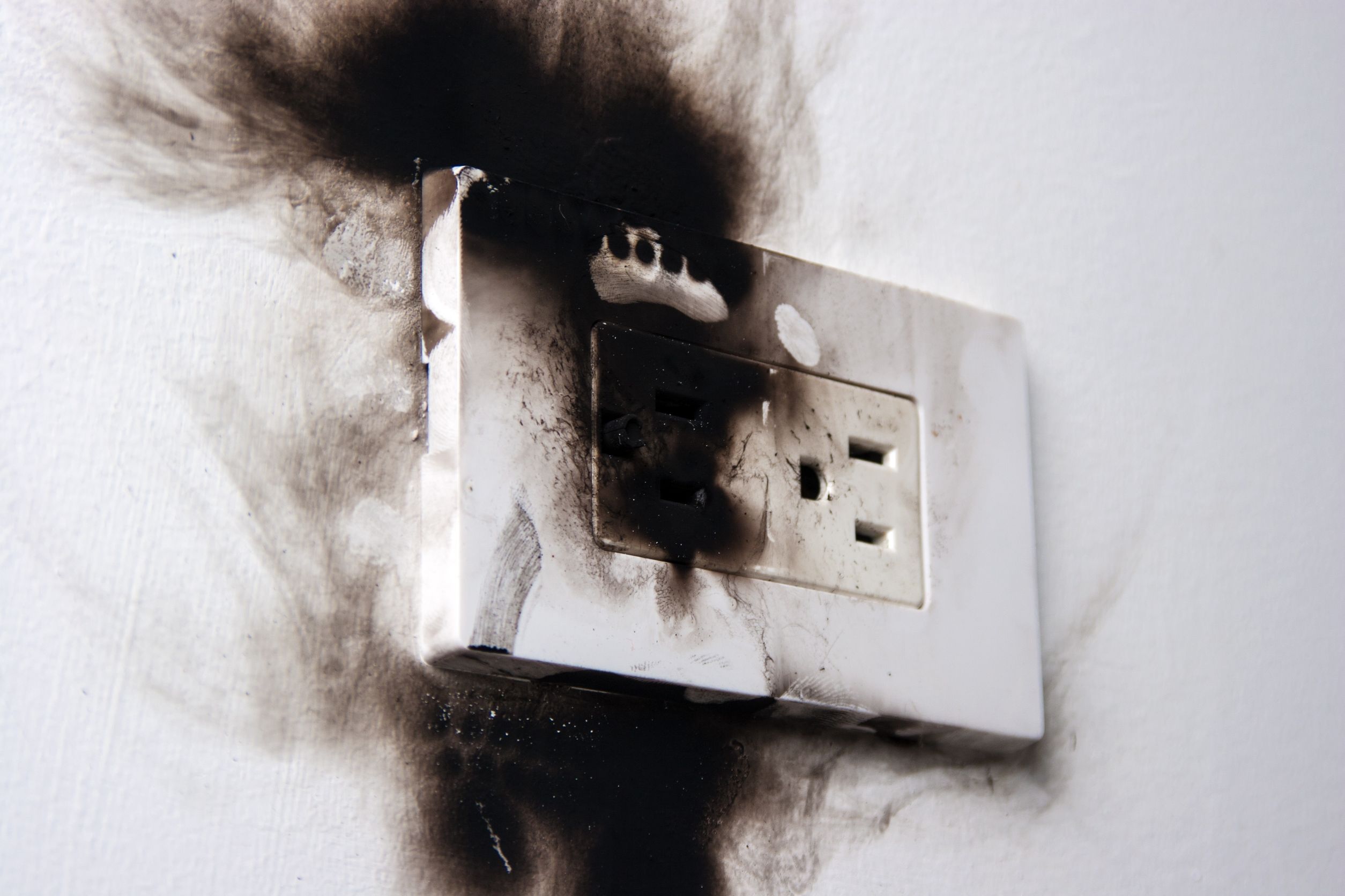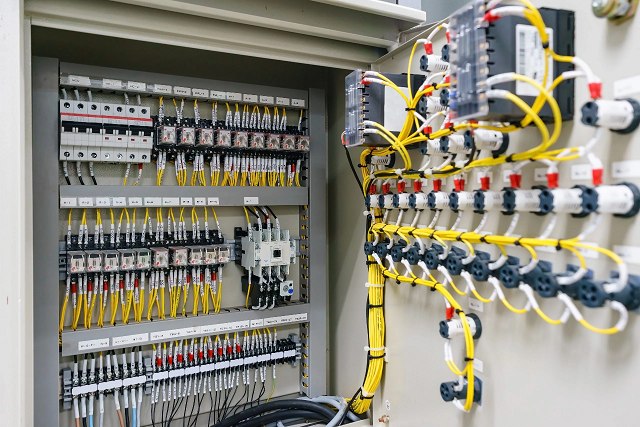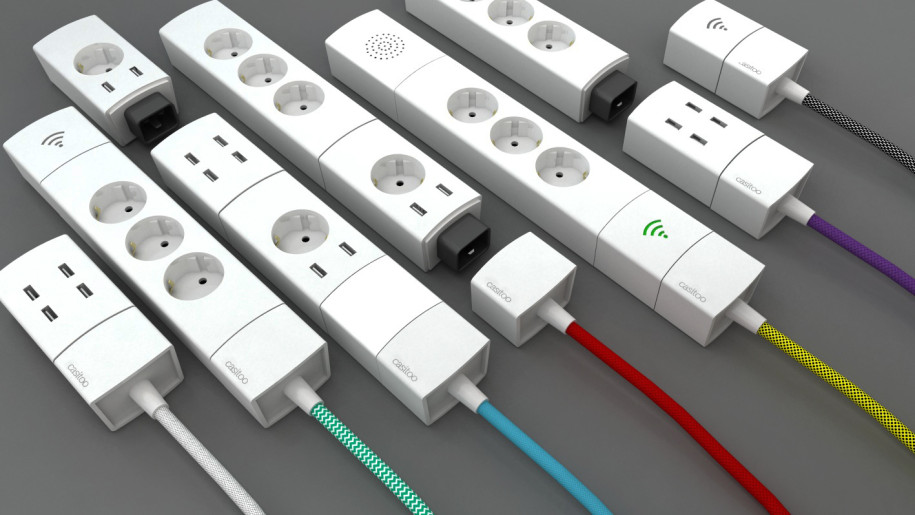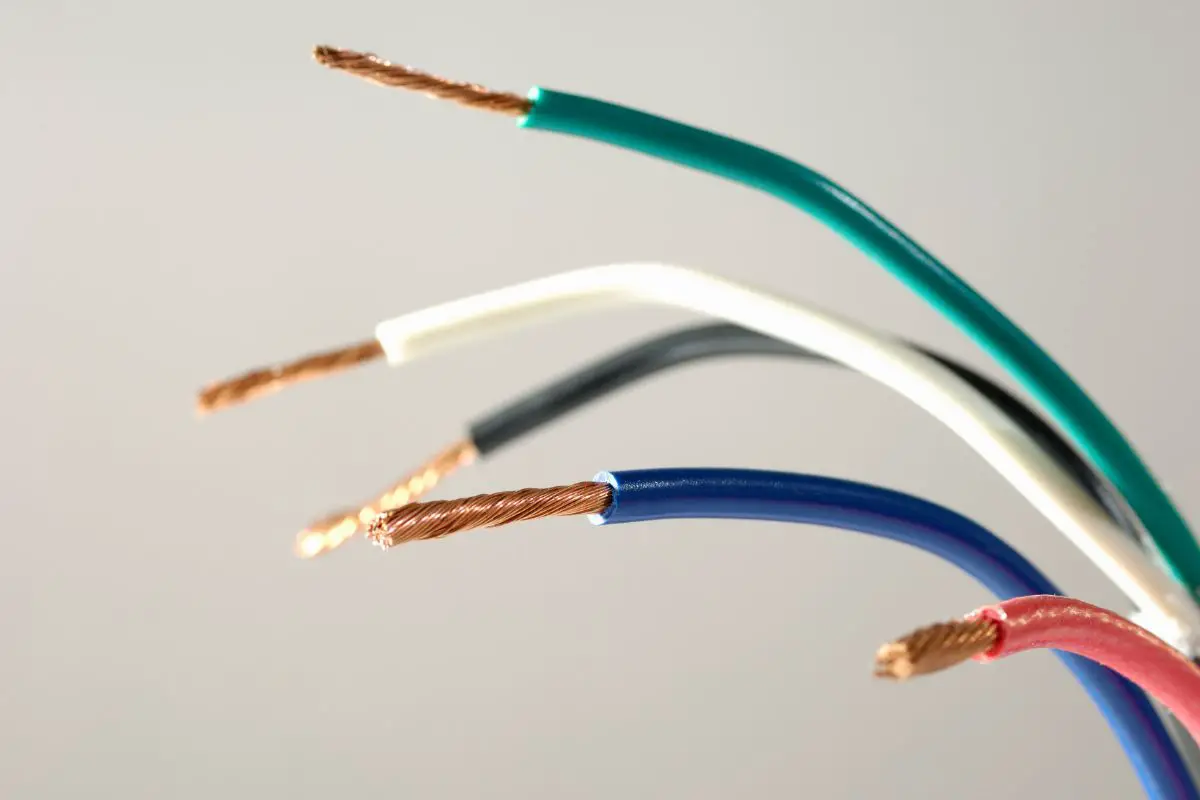You’ve probably experienced it at some point: plugging a device into a socket and seeing a sudden spark. It’s a disconcerting sight, one that often leads to the pressing question – Why did my electrical outlet spark? Understanding the causes and implications of such occurrences is crucial for ensuring safety in our homes and workplaces. This comprehensive guide aims to shed light on this electrifying topic.
Understanding Electricity Basics
Electricity, in simple terms, is the flow of electric charge. Our electrical devices need this flow to operate. Outlets act as gateways, allowing electricity to enter our devices. Sometimes, this transfer of energy can cause minor sparks. But, deeper knowledge helps differentiate between the normal and the alarming.
Common Causes for Electrical Outlet Sparks
Natural Sparks: A Brief Phenomenon
Just like when striking a match, a brief spark when plugging in is natural. It’s the immediate rush of electricity meeting the device. As long as it’s fleeting, there’s no need for alarm.
Short Circuiting: A Dire Scenario
A short circuit occurs when electricity takes a shortcut, bypassing its normal path. Exposed or damaged wires can be culprits. This is a grave issue, often leading to sparks, smoke, or even fires.
Water Exposure: Electricity’s Nemesis
Water conducts electricity. If your outlet has been exposed to moisture or direct water, it can spark or even electrocute someone. It’s vital to keep outlets dry and safe.
Overloaded Outlets: Too Much Demand
Plugging too many devices into one outlet can overburden it. The high demand can cause it to spark or even damage the connected devices.
Faulty Repair or Installation
An improperly installed or repaired outlet can easily become a safety hazard, leading to sparking or worse outcomes.
Aged Outlets: Time for a Change
Like all things, outlets wear out over time. Older outlets might not meet current safety standards and can become potential spark generators.
Implications of Ignoring Outlet Sparks
Brushing off repeated or large sparks can be perilous. They can lead to electrical fires, damaged appliances, or even personal injuries. Immediate attention can avert these potential hazards.
Safety Precautions to Prevent Sparks
Proper Installation and Wiring
Ensuring outlets are properly installed, with no exposed wires, is a primary precaution.
Using Correct Rated Devices
Devices with higher power needs than an outlet can provide can lead to sparking. Always check ratings before plugging in.
Keep Away from Water
Outlets in areas like kitchens or bathrooms should be treated with extra caution to avoid any water exposure.
Regular Maintenance Checks
Routine checks by professionals can detect and rectify potential issues before they escalate.
Unplug Devices Properly
Yanking cords can damage both the outlet and the device, increasing the risk of sparks. Always unplug gently.
How to Address a Sparking Outlet
Consult a Professional
If an outlet consistently sparks, it’s wise to consult an electrician. They can assess and fix the underlying issue.
DIY Fixes: What’s Safe and What’s Not
While some might be tempted to address the issue themselves, it’s crucial to know the boundaries. Some fixes, like replacing a cover, can be done. But wiring issues should be left to the experts.
FAQs
Why does my outlet spark when I plug something in?
A brief spark can be a natural occurrence due to the immediate rush of electricity. However, consistent sparking may indicate an underlying issue.
Is it dangerous if my electrical outlet sparks?
While a fleeting spark can be normal, persistent or large sparks can pose risks like fires or personal injuries.
How often should I get my outlets checked?
It’s recommended to have a professional check your outlets at least once a year or if you notice any consistent issues.
Can I fix a sparking outlet myself?
While minor fixes might be doable, it’s safer to consult an electrician for significant issues, especially those related to wiring.
What should I do if water gets into my outlet?
Immediately switch off the main power, dry the area, and consult a professional before using the outlet again.
How do I know if my outlet is overloaded?
If the outlet is warm, discolored, emits a burning smell, or consistently sparks, it might be overloaded.
Conclusion
Sparking electrical outlets, while common, can range from being innocuous to dangerous. Being informed and taking the right precautions can ensure our safety. It’s always better to be enlightened and prepared than to face electrical surprises!




